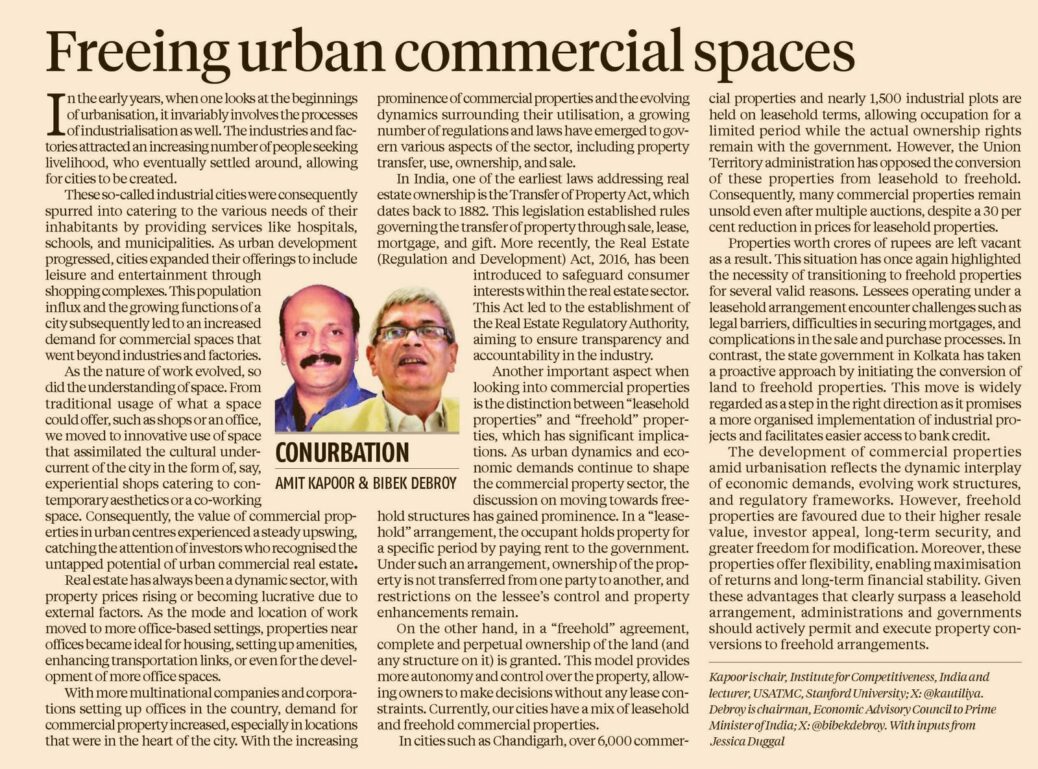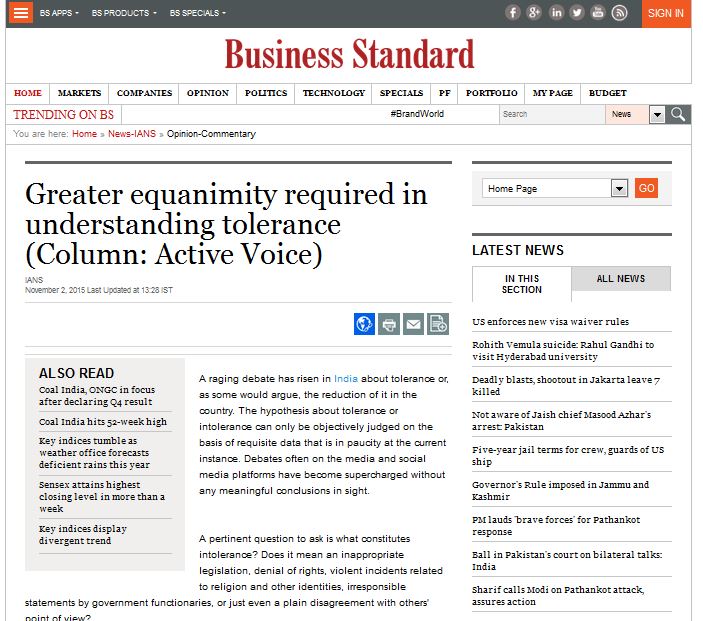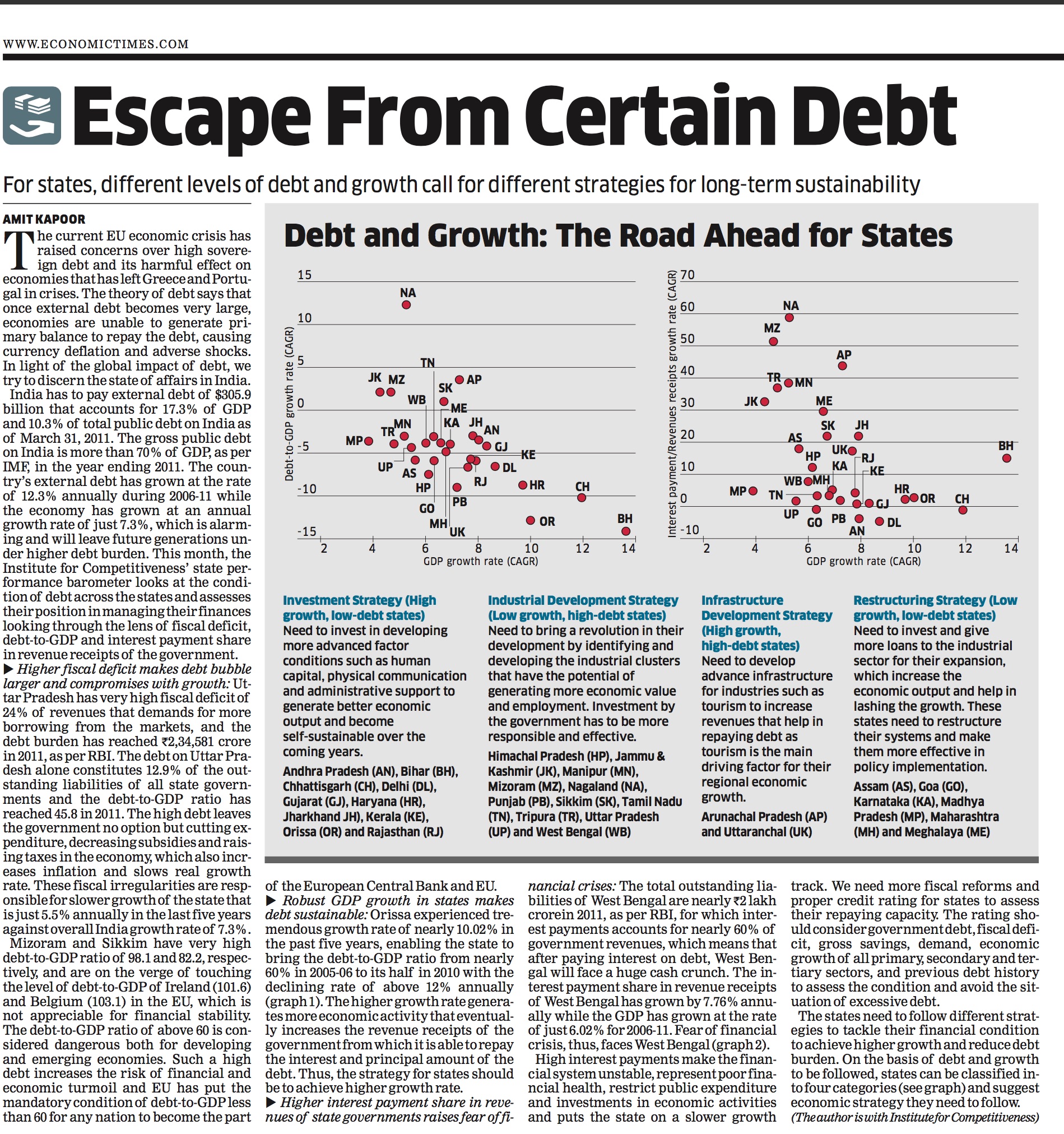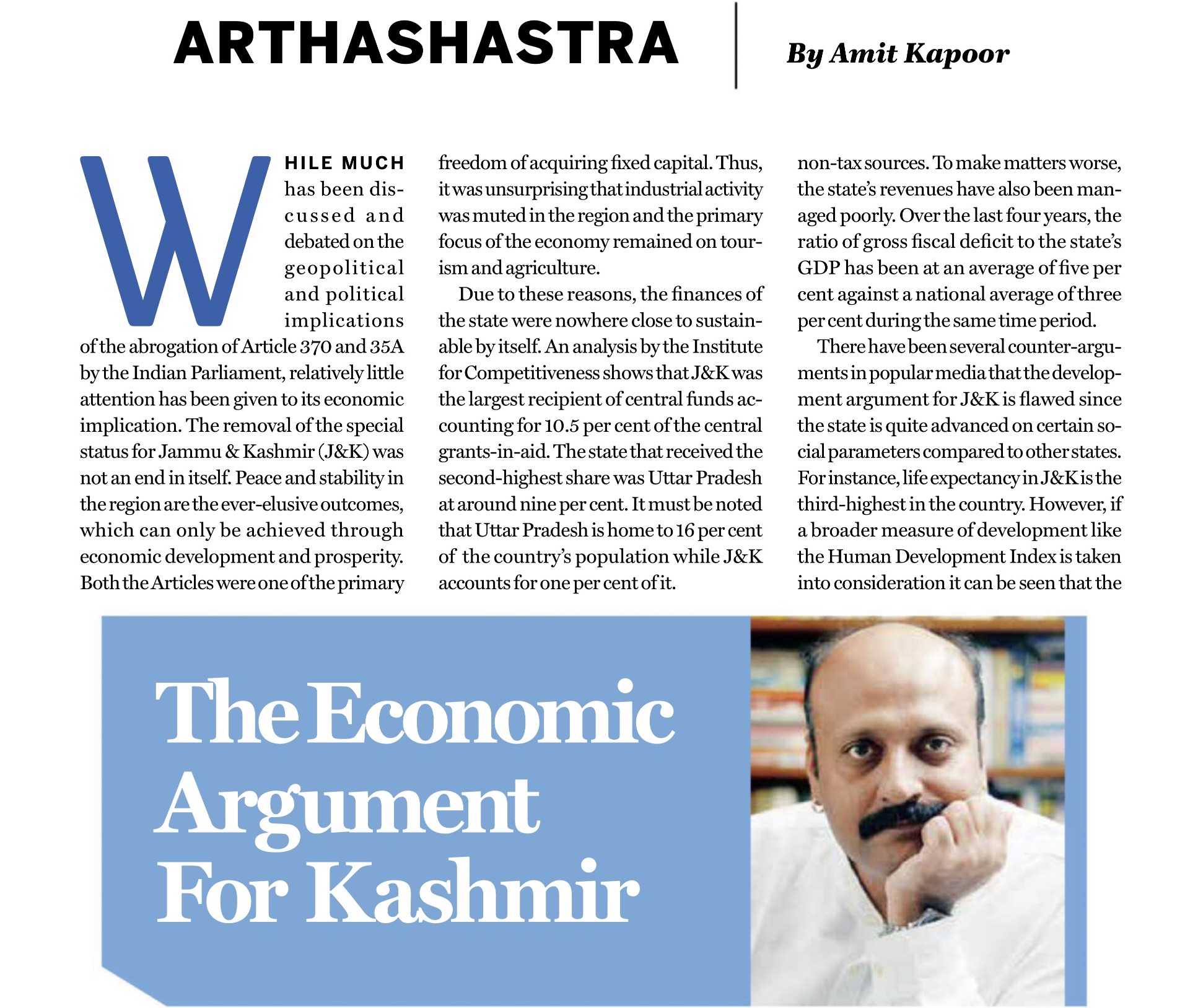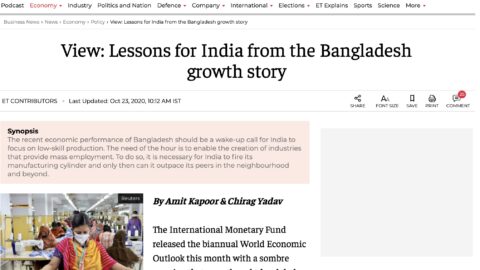Urbane Ventures: Looking into Commercial Properties Amidst Urbanisation
In the early years, when one looks at the beginnings of urbanisation, one invariably looks at the processes of industrialisation as well. The industries and factories attracted more and more people for livelihood, who eventually settled around, allowing for cities to be created. These so-called industrial cities consequently spurred into catering to the various needs of the population living in them in the form of services like hospitals, schools, and municipalities, and with more development and advancement, started to offer leisure and entertainment through shopping complexes. This population influx and growing functions of a city subsequently gave way to more and more demand for commercial spaces that went beyond industries and factories. As the nature of work evolved, so did the understanding of space. From traditional usage of what a space could offer in a city, perhaps a shop in a dense market or an office, we moved to the most innovative use of space that assimilated in the cultural undercurrent of the city in the form of maybe an experiential shop satisfying the current aesthetic to a co-working space. Consequently, the value of commercial properties in these urban centres experienced a steady upswing, catching the attention of investors who recognised the untapped potential of urban commercial real estate.
Real estate has always been a dynamic sector, with properties and spaces rising in price or becoming lucrative due to many external factors. As the mode and location of work moved to more office-based settings in large offices, properties near those offices became ideal for purposes like housing, setting up amenities, enhancing transportation links, or even for more offices to come up. With more multi-national companies and corporates coming and setting up their offices in the country, demand for commercial property also increased, especially in locations that were in the heart of the city and accessible to everyone. Soon, commercial properties became the most sought-after commodity, and as economic activity soared, so did the value of these commercial spaces. With the increasing prominence of commercial properties and the evolving dynamics surrounding their utilisation, a growing number of regulations and laws have emerged to govern various aspects of the sector, including property transfer, use, ownership, and sale. In India, one of the earliest legislations addressing real estate ownership dates back to 1882 – The Transfer of Property Act 1882. This legislation established rules governing the transfer of property through sale, lease, mortgage, and gift. More recently, the Real Estate (Regulation and Development) Act 2016 has been introduced to safeguard consumer interests within the real estate sector. This act led to the establishment of the Real Estate Regulatory Authority, aiming to ensure transparency and accountability in the industry.
Another important aspect of looking into commercial properties is the distinction between “leasehold properties” and “freehold” properties, which has significant implications. As urban dynamics and economic demands continue to shape the commercial property sector, the discussion on moving towards freehold structures has gained prominence. In a “leasehold” arrangement, the occupant holds property for a specific period by paying rent to the government. Under such an arrangement, ownership of the property is not transferred from one party to another, and restrictions on the lessee’s control and property enhancements remain. On the other hand, in a “freehold” agreement, complete and perpetual ownership of the land (and any structure on it) is granted. This model provides more autonomy and control over the property, allowing owners to make decisions without any lease constraints. Currently, our cities have a mix of leasehold and freehold commercial properties.
In cities such as Chandigarh, more than six thousand commercial properties and nearly fifteen hundred industrial plots are held on leasehold terms, allowing occupation for a limited period while the actual ownership rights remain with the government. However, the Union Territory administration has opposed the conversion of these properties from leasehold to freehold. Consequently, many commercial properties remain unsold even after multiple auctions, despite a 30% reduction in prices for leasehold properties. Consequently, properties worth crores of rupees are left vacant. This situation has once again highlighted the necessity of transitioning to freehold properties for several valid reasons. Lessees operating under a leasehold arrangement encounter challenges such as legal barriers, difficulties in securing mortgages, and complications in the sale and purchase processes. In contrast, the state government in Kolkata has taken a proactive approach by initiating the conversion of land to freehold properties. This move is widely regarded as a step in the right direction as it promises a more organised implementation of industrial projects and facilitates easier access to bank credit.
The development of commercial properties amid urbanisation reflects the dynamic interplay of economic demands, evolving work structures, and regulatory frameworks. Originating from the early ties to industrialisation, urban centres have transformed into multifaceted hubs catering to industries and the diverse needs of a growing population. The value of commercial properties in these urban landscapes has risen significantly, capturing the attention of astute investors who recognise the untapped potential in urban commercial real estate. With the growing significance of commercial properties, freehold properties are favoured due to their higher resale value, investor appeal, long-term security, and greater freedom for modification or development. Moreover, these properties offer flexibility, enabling returns maximisation and long-term financial stability. Given these advantages that clearly surpass a leasehold arrangement, administrations and governments should actively permit and execute property conversions to freehold arrangements.
The article was published with Business Standard on January 17, 2024.

